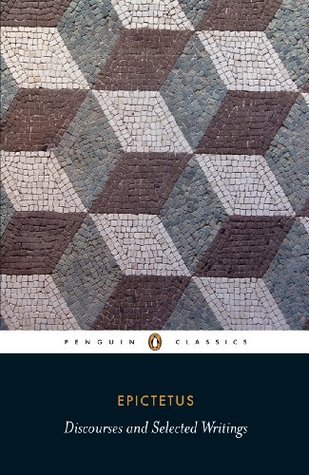More on this book
Community
Kindle Notes & Highlights
that no one does wrong willingly; that harming another hurts the offender rather than the injured party; that material ‘goods’ can do as much harm as good, and should therefore be classified as value-neutral; and so forth.
Reason, in addition, takes the measure of music, grammar and the other arts, judging their benefit and deciding when it’s best to use them.
And yet, while there is only the one thing we can care for and devote ourselves to, we choose instead to care about and attach ourselves to a score of others: to our bodies, to our property, to our family, friends and slaves.
And, being attached to many things, we are weighed down and dragged along with them.
What should we do then? Make the best use of what is in our power, and treat the rest in accordance with its nature. And what is its nature? However God decides.
I must die. But must I die bawling?
‘I will throw you into prison.’ ‘Correction – it is my body you will throw there.’ ‘I will behead you.’ ‘Well, when did I ever claim that mine was the only neck that couldn’t be severed?’
Man, the rational animal, can put up with anything except what seems to him irrational; whatever is rational is tolerable.
[4] In short, reflection will show that people are put off by nothing so much as what they think is unreasonable, and attracted to nothing more than what to them seems reasonable. [5] But standards of reasonableness and unreasonableness vary from one person to the next – just as we consider different things good or bad, harmful or beneficial. [6] Which is why education has no goal more important than bringing our preconception of what is reasonable and unreasonable in alignment with nature.


